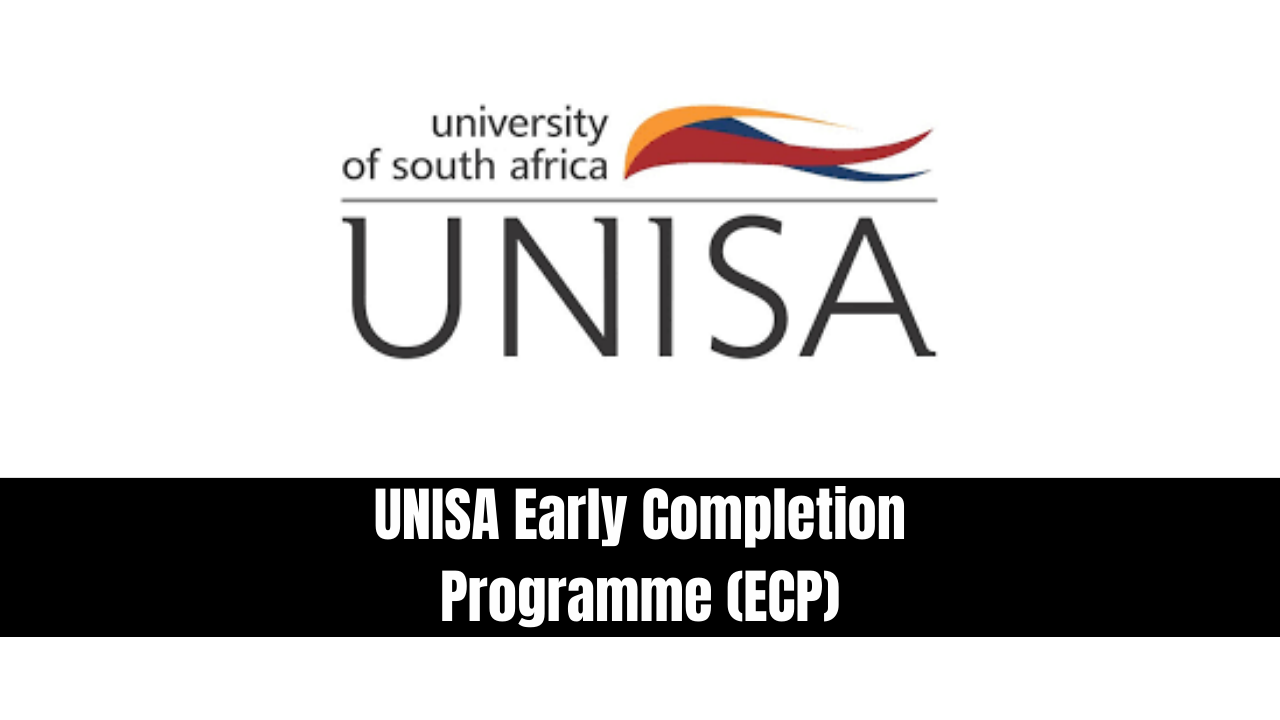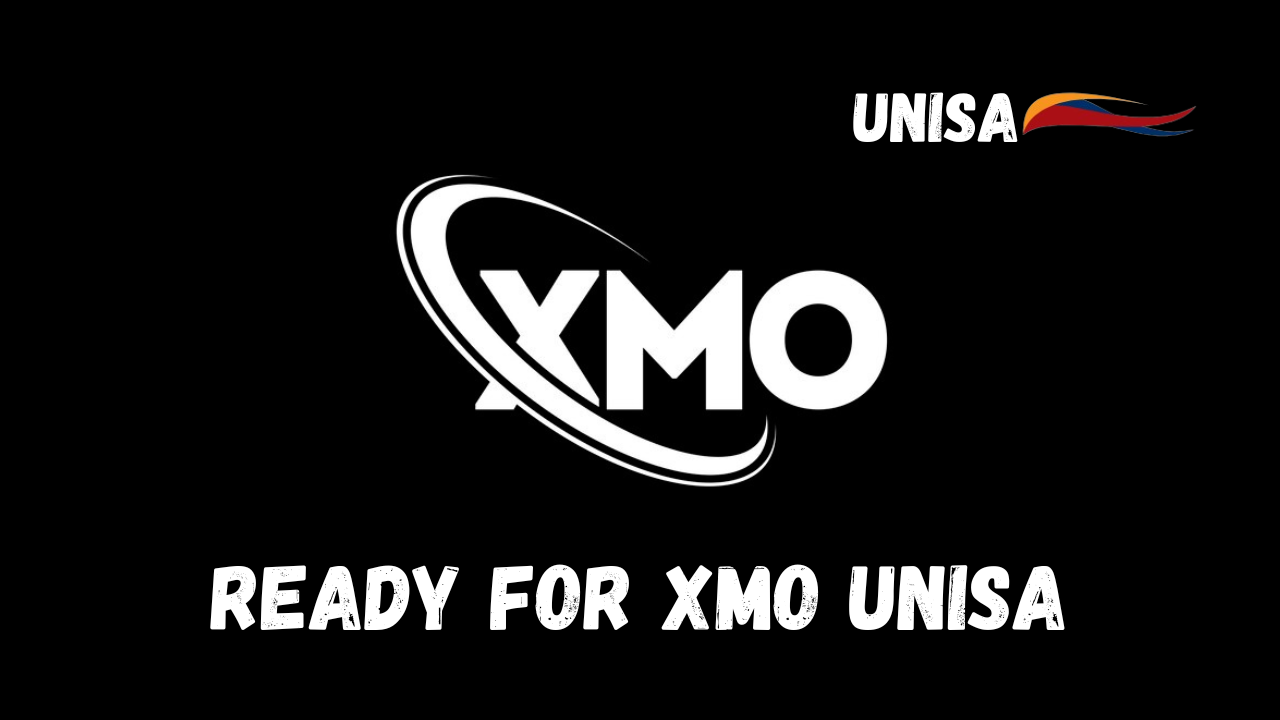How to Apply For Additional Modules at UNISA. The University of South Africa (UNISA) utilizes a credit system to assess progress and determine the requirements for passing qualifications. This system is crucial for students to advance in their academic journey. Balancing academic commitments with other life activities is vital for success.
Passing Requirements for First-Year Students
In the initial academic year, students at UNISA must successfully complete a minimum of 36 credits or three modules, each valued at 12 credits. This achievement allows them to register for the subsequent year. Alternative pathways also exist, requiring a minimum of 24 credits for progression.
Progressing Through Subsequent Years
Continuing students at UNISA are expected to accumulate a minimum of 48 credits or four modules per year to maintain academic progression. The structured qualification framework is designed to assist students in meeting credit requirements within specified time frames.
Maximum Credits Allowed per Semester
To ensure effective study and comprehension, UNISA imposes limitations on the number of modules each student can register for per semester. The maximum allowance is 60 NQF credits or five modules, each carrying 12 credits. Similarly, the maximum annual limit is 120 NQF credits or 10 modules.
Grading Criteria for Success
UNISA evaluates student performance through assignments, tests, and examinations. A pass requires achieving an average mark of 50%. While higher scores may earn distinctions, a pass is sufficient for graduation. Diligent study efforts can contribute to meeting this attainable threshold.
Insights into a Teaching Degree at UNISA
A Bachelor of Education (BEd) at UNISA, specifically designed for teaching Grades 7 to 10, demands a comprehensive commitment. With 480 credits equivalent to 40 modules, this qualification prepares educators with a multifaceted approach to teaching, encompassing practical, disciplinary, situational, and pedagogical knowledge.
Strategic Module Planning for Success
Strategic module planning is essential at UNISA. First-year students are expected to pass one module in the first semester and two modules in the second semester, totaling 36 credits. Subsequent years require passing 48 credits, emphasizing the importance of understanding UNISA’s readmission rules.
Navigating Yearly Credit Requirements
In the first year, students must achieve a minimum of 36 credits or a maximum of 60 credits. In subsequent years, maintaining a minimum of 48 credits or a maximum of 120 credits annually is essential for successful progression. Thoughtful module selection is crucial for course completion.
BEd Degree at UNISA
The BEd degree, covering Senior Phase, Further Education, and Training Teaching, demands a deep commitment. With 480 credits, this comprehensive program equips student teachers with language proficiency and subject knowledge essential for effective teaching.
Conclusion
Enrolling at UNISA requires a clear understanding of the credit system, passing criteria, and specific requirements for each program. Whether pursuing a general qualification or a specialized BEd degree, strategic planning and adherence to credit limits are paramount for academic success.






